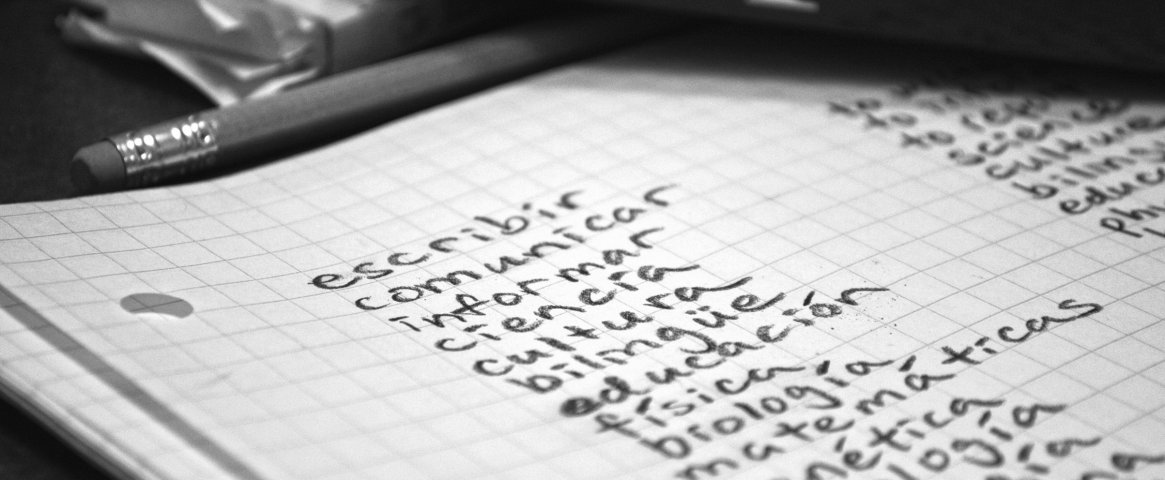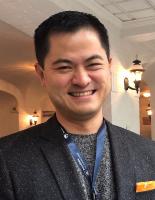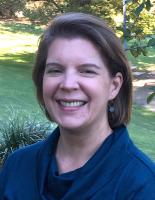Two workshops held at annual meetings of the National Association of Science Writers (NASW) have culminated in an article providing resources to help science writers better engage bicultural and bilingual audiences.
Published February 27 in the Journal Frontiers in Communication, the open-access article summarizes recommendations developed from two “Communicating Ciencia” (#CómoSciWri) workshops held in 2016 and 2018. The lead authors on the paper are NASW members Ben Young Landis of Creative Externalities, and Becky Oskin, a science writer at the University of California, Davis, who organized the #CómoSciWri workshops. Additional contributors are Aleszu Bajak, Jenny F. de la Hoz, José G. González, Robin Gose, and Claudia Pineda Tibbs, who served as session panelists.According to Landis, the #CómoSciWri workshops were developed to help science writers in the U.S. recast their understanding of “the American general public” — and adapt to writing inclusively for the myriad cultures that make up readers, listeners, and viewers today.
To explore best practices for culturally sensitive science reporting, Landis and Oskin focused on the U.S. Latinx and Hispanic experience, in part because “Hispanic origin” has been among the fastest growing census demographics in the U.S. in recent decades. Panelists were invited from public outreach and informal science education fields, which have been the frontline in adapting to communicating to diverse audiences.
“With ScienceWriters2016 slated to be hosted in San Antonio that year, Becky and I saw an opportune setting to rally a conversation on cultural literacy for our NASW colleagues,” Landis said. “We also didn’t want to host a traditional panel, but instead guide our peers through hands-on learning activities and discussions created with input from our expert panelists. We loved taking this approach and improved upon it for a second outing at ScienceWriters2018 in DC.”Recommendations from the workshops were summarized on the website https://communicatingciencia.org. Then, in December 2018, “Inclusive Science Communication in Theory and Practice” was announced a special collection in Frontiers in Communication, curated by noted science communication advocates Mónica Feliú-Mójer and Raychelle Burks, with NASW members Erika Check Hayden and Tom Hayden.
“This article offers actionable steps for anyone looking to engage with Latinx audiences, and more broadly with groups that have been historically marginalized and overlooked by science communication efforts,” said Feliú-Mójer, who is director of communications and science outreach for Ciencia Puerto Rico and associate director of diversity and communication training for iBiology. “I particularly appreciate the article’s emphasis on applying a cultural lens to science. Engaging non-English speakers requires more than translating information from one language to another—it requires the cultural translation of the content and it requires that communicators think about how culture influences the way people understand and value science. The recommendations offered in this article give people a great starting point to do so.”
Submitting to this collection, Landis and Oskin reconvened their CómoSciWri panelists to compile and augment their conference workshop curriculum into academic manuscript form. The recommendations, as described in the article, are:
- Acknowledge the Language of Diversity
- Embrace the Awkwardness
- Activate Connections
- Create a Comfort Zone for Learning
- Resist Individualism
- Take a Cultural Lens to Science
“The importance of communicating with cultural literacy is not limited to any particular culture or identity. These expert recommendations will be useful to anyone who translates complex science into compelling stories,” Oskin said.
Landis thanked NASW’s Programs Committee, the volunteer-run committee responsible for developing the meeting content, for supporting the first #CómoSciWri session in 2016.
“This article would not have been possible without the foresight of the Programs Committee and NASW leadership to curate meeting sessions that prioritize diversity dialogues for our colleagues,” Landis said. “The credit goes to them for allowing this seed to sprout four years ago.”



